Trump's new executive policing order sparks debate over effectiveness
Order promises officers legal protections, additional training, access to military-grade equipment
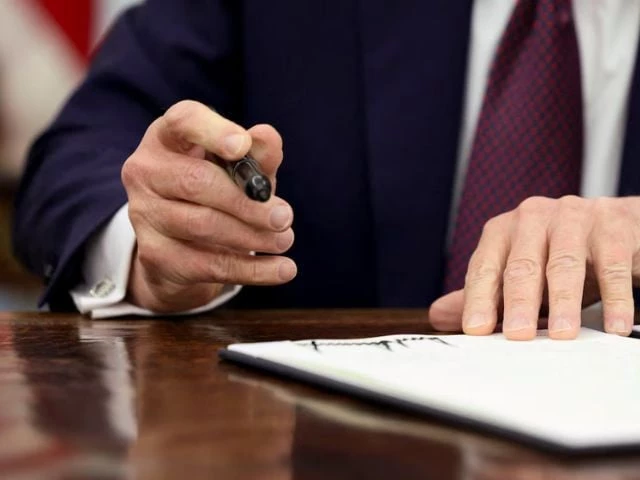
President Donald Trump’s newly signed executive order on policing has sparked mixed reactions across the law enforcement community and from experts.
The order promises expanded legal protection for officers, additional training, and more access to military-grade equipment, among other measures, but its practical implications remain unclear.
The key provision of the order directs Attorney General Pam Bondi to provide free private legal services to police officers facing civil rights lawsuits.
Critics question the necessity of this move, pointing out that police officers are already covered by union-provided legal services.
Criminology experts, including Thomas Nolan from Boston University, argue that the order may be a symbolic gesture to address law enforcement concerns without bringing substantial change.
Additionally, the order calls for increased training and higher pay for officers, but experts note that salary changes typically come through collective bargaining rather than federal intervention.
The order also pushes for tougher penalties for crimes against officers, a move supported by police unions but criticized by those who argue that existing state laws already address this issue.
Trump’s proposal also includes increased investment in prison security and the capacity of US correctional facilities.
However, critics highlight that similar initiatives were already part of previous administrations, such as the 1994 Crime Bill.
The effectiveness of Trump’s order remains uncertain, with experts divided on whether it will result in meaningful reform or if it is merely a political gesture aimed at securing the support of law enforcement groups.
The order is part of Trump’s broader effort to strengthen law enforcement and demonstrate support for police unions, who were key backers during his 2024 campaign.





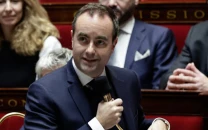
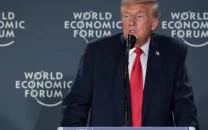
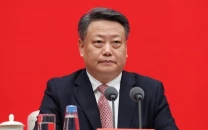
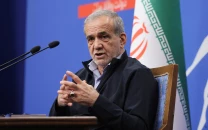
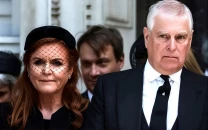

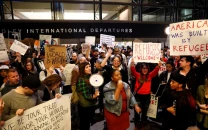












COMMENTS
Comments are moderated and generally will be posted if they are on-topic and not abusive.
For more information, please see our Comments FAQ